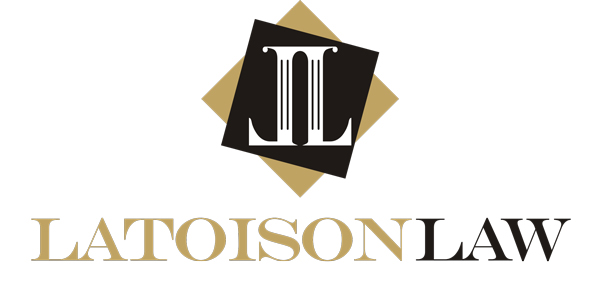Navigating the legal landscape in Pennsylvania, especially when dealing with matters like parole and probation, requires comprehensive understanding and expert guidance. This article, courtesy of Latoison Law, a top-tier Delaware County, PA criminal defense attorney, illuminates the intricacies of the Gagnon hearings in Pennsylvania. For immidiate legal help call 610-999-1439.
Probation in PA:
What is the first offense of probation violation in PA?
In Pennsylvania, probation is a privilege, not a right. A first offense of probation violation can range from missed appointments with the probation officer to more severe offenses like drug possession or committing another crime. The consequences vary based on the nature and severity of the violation.
What happens if you violate probation in PA?
If a person is suspected of violating the terms of their probation in Pennsylvania, they’re typically subjected to a Gagnon hearing. This hearing will determine whether there’s sufficient evidence to believe a probation violation took place.
Which type of probation violation is the most common?
In Pennsylvania, the most common types of probation violations include failing drug tests, missing scheduled appointments with probation officers, and not paying court-mandated fines or restitutions.
How long can you go to jail for violating probation in PA?
The length of jail time for a probation violation in Pennsylvania varies based on the nature of the violation and the discretion of the presiding judge. In severe cases, one might face imprisonment for the remainder of their probation term.
Can you get probation for a misdemeanor 2 in PA?
In Pennsylvania, it’s possible to receive probation for a misdemeanor 2. The exact terms and length depend on the specific charges, the judge’s discretion, and the circumstances surrounding the case.
Hearings and Procedures in PA:
What happens at a Gagnon 2 hearing in PA?
Individuals arrested for a parole or probation violation in Pennsylvania are subjected to Gagnon hearings. The second type, Gagnon II, aims to determine whether the individual indeed violated the terms. During this hearing, the prosecution presents evidence of the violation. It resembles a mini-trial where the prosecution’s task is to prove the violation to the judge.
How many times can a hearing be continued in PA?
In Pennsylvania, the number of times a hearing can be continued varies. Factors influencing this decision include the reason for the continuance request and the judge’s discretion. Generally, it’s essential to ensure all parties receive a fair trial without undue delay.
Parole in PA:
What is the punishment for violating parole in PA?
Parole violations in Pennsylvania are taken seriously. If a person is found to have violated their parole during a Gagnon II hearing, they may face repercussions ranging from additional parole conditions to parole revocation and a return to incarceration.
Why Should You Hire a Pennsylvania Attorney for a Gagnon Hearing?
Engaging a seasoned Gagnon lawyer is vital. The lower burden of proof in Gagnon hearings means individuals without adept representation could face severe consequences. A proficient Gagnon hearing PA lawyer will understand the nuances and advocate fiercely on their client’s behalf.
Dig Deeper into Gagnon Hearings
Now, as we approach the core of our guide, it’s crucial to delve deeper into what Gagnon hearings entail.
What is a Gagnon Hearing?
A Gagnon hearing is an essential legal procedure for those under parole or probation in Pennsylvania who are believed to have violated their terms. The process is split into two distinct stages. The first assesses if there’s probable cause for the believed violation. The second stage offers a platform for the prosecution to prove that the violation indeed occurred.
The Two Types of Gagnon Hearings
Understanding that there are two types of Gagnon hearings is essential:
- Gagnon I Hearing: This preliminary hearing is convened soon after an arrest for a parole violation. The main objective is for the prosecution to show there’s a probable cause for the alleged violation. If they can’t convince the judge, the accused is set free.
- Gagnon II Hearing: This is more like a mini-trial. The prosecution is tasked with presenting concrete evidence to prove that the accused did violate the terms of their parole.
When grappling with the legal challenges, especially around probation and parole in Pennsylvania, one should be well-prepared and well-informed. The importance of a skilled legal representative can’t be overstated. Latoison Law, with its team of experienced criminal defense attorneys, stands ready to assist and guide. For a comprehensive consultation, reach out at 610-999-1439.

